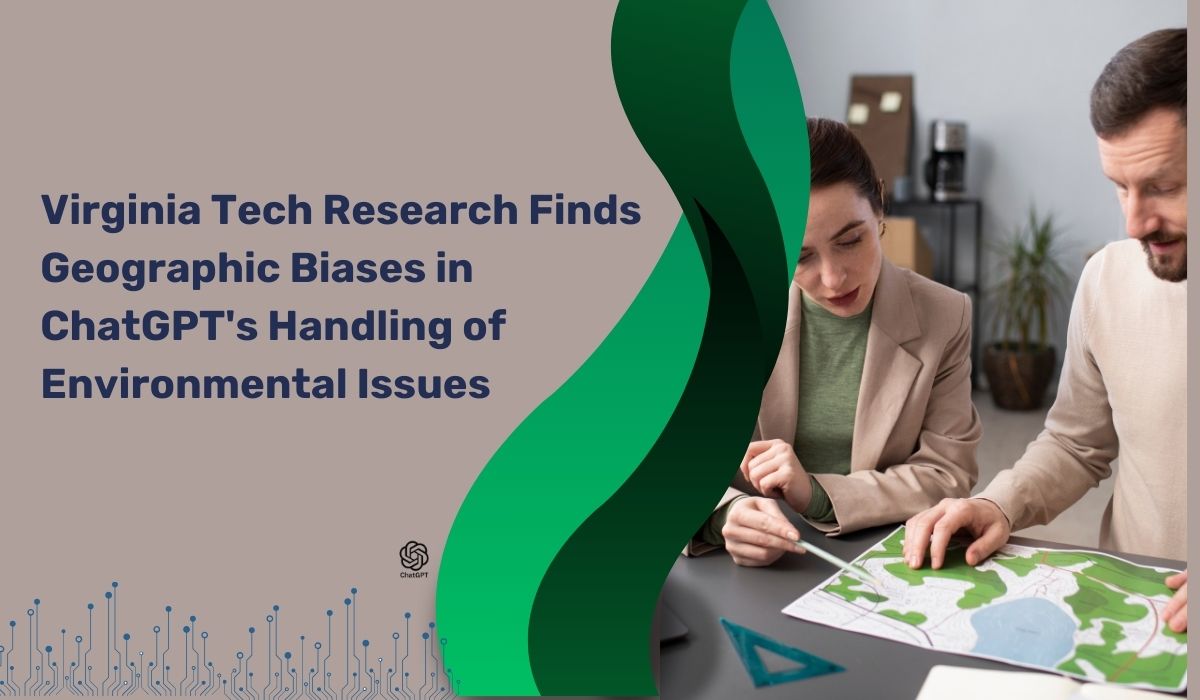
A recent report from Virginia Tech, a prominent United States university, sheds light on potential biases embedded within the artificial intelligence (AI) tool ChatGPT. The study, made public by the university, explores the tool's limitations, particularly in providing area-specific information on environmental justice issues. As reported by Cointelegraph, the findings suggest significant variations in ChatGPT's outputs across different counties, prompting concerns about the tool's effectiveness in addressing the diverse environmental concerns faced by communities.
According to sources, Virginia Tech alleges that ChatGPT exhibits notable disparities in delivering location-specific data, a critical factor when addressing environmental justice issues. The study notes that in states with larger urban populations, such as Delaware or California, less than one percent of the population resides in counties that cannot access specific information through the AI tool. These findings raise questions about the equitable distribution of environmental information and the potential impact on decision-making processes related to environmental policies.
Furthermore, the research paper includes a visual representation in the form of a map, outlining the extent of the U.S. population that lacks access to location-specific information on environmental justice issues. The map serves as a striking visualization of the disparities in ChatGPT's performance, emphasizing the need for further scrutiny and refinement of AI tools in addressing geographically specific challenges. Cointelegraph concludes that these revelations underscore the importance of considering geographic nuances when developing and deploying AI technologies, particularly in the critical domain of environmental justice.
As the debate surrounding AI and its societal implications continues, the Virginia Tech report contributes valuable insights into the potential biases present in widely used tools like ChatGPT. This revelation calls for a concerted effort from the AI community to address and rectify these biases, ensuring that technological advancements contribute positively to environmental justice efforts rather than inadvertently perpetuating disparities. The findings from this study serve as a catalyst for ongoing discussions on the responsible development and deployment of AI, emphasizing the need for continuous evaluation and improvement to meet the evolving challenges of our interconnected world.